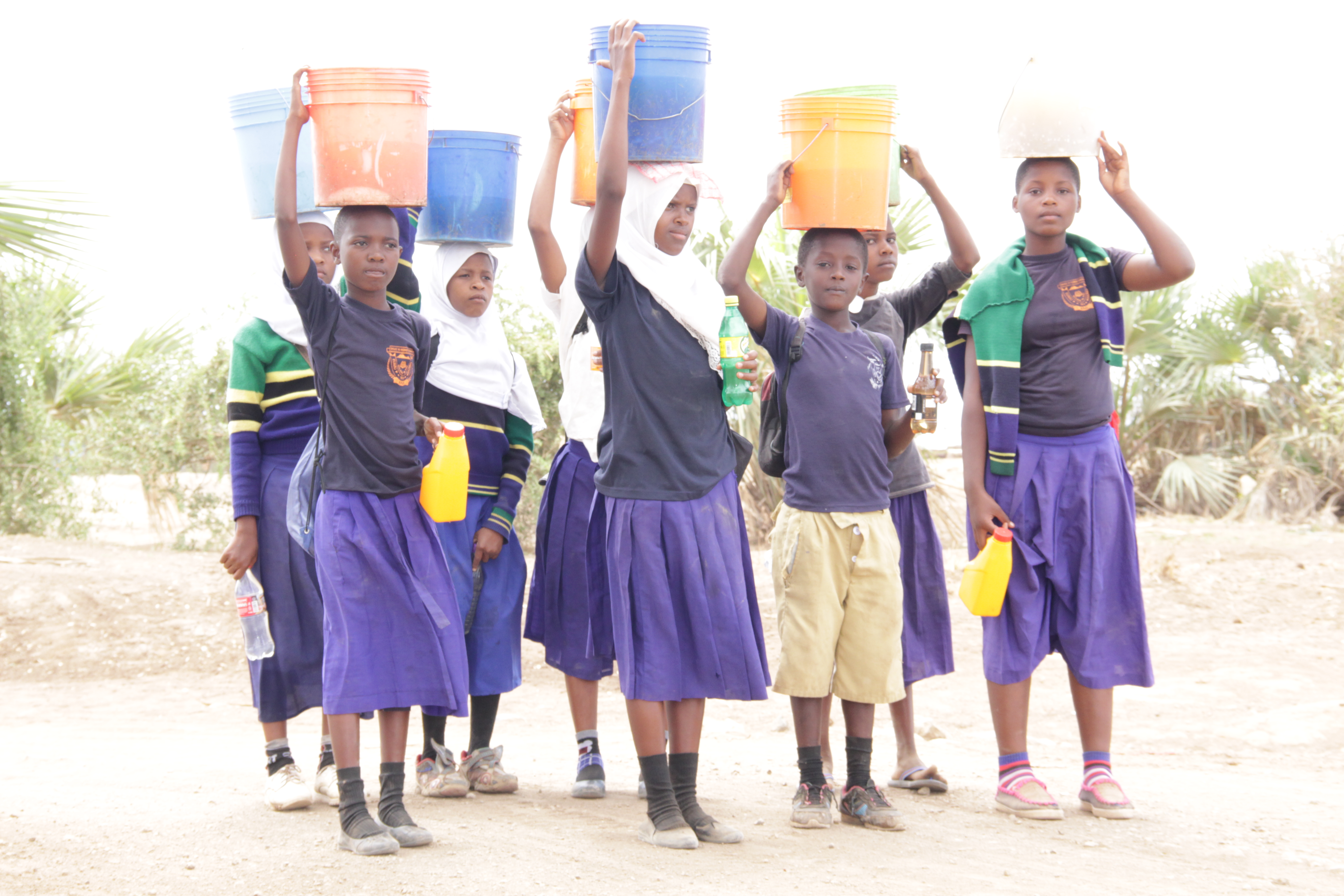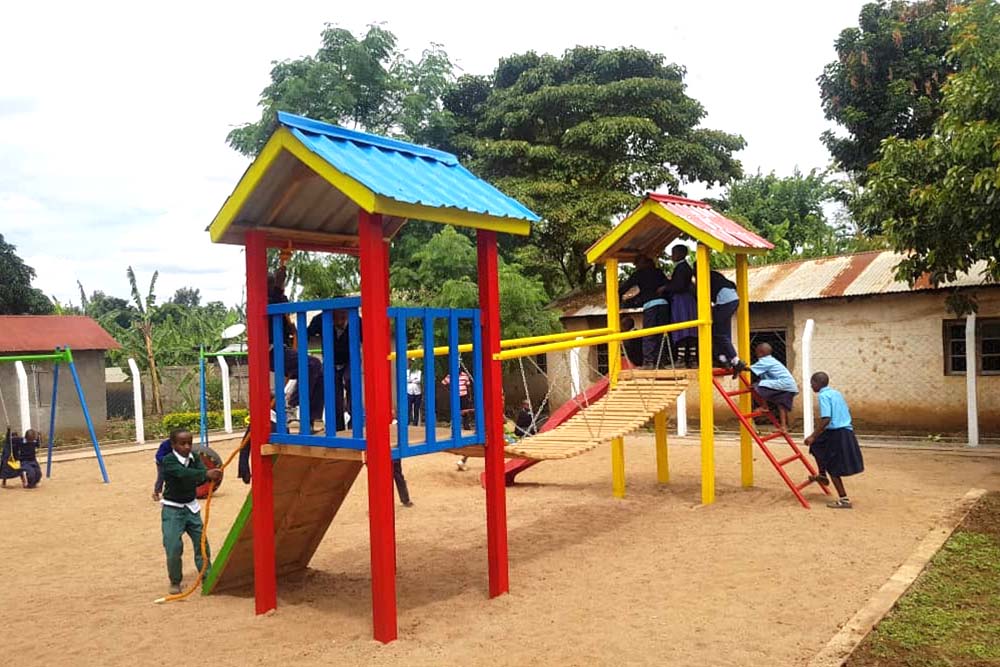Our Impact
The aim of the Foundation for African Empowerment (FAE) is to make positive, measurable sustainable impact in the lives of children with disabilities. We however recognize the fact that to achieve such level of changes it takes time. In collaboration with the schools, families and communities and other stakeholders, all our projects shall be careful designed, implemented and evaluated by internal and external experts in order to demonstrate impact and ensure sustainability. We measure our programs by the number of children with disabilities have accessed quality education and their lives improved. We’re committed to publishing results from our programs and projects in order to share best practices and lessons learned with the broader human development community. In this section, you will read evaluations, case studies, reports and other technical documents about our programs and projects.
Read below about some of our successful projects:-
1.Safe Water for Chemka Primary School
 poverty cycle among the children and their households.
poverty cycle among the children and their households.
The Chemka Primary School located in Kilimanjaro region in Tanzania is a public school that provides kindergarten and primary school education to 510 children. The school had no running water so the children had to carry large buckets for up to 3 Kilometers to the school every day.“Safe and clean water is a serious problem in our school. We stay in school for 9 hours, from 6am up to 3pm without water to drink, to use in the toilets and to wash our hands. ”, said the young Amina, Head Prefect of the school. Now, hopefully, this will change and constitute a first step towards better livelihoods for all Chemka children including those with disabilities studying at Chemka Primary School.
Outcomes
 especially when these children can effectively demonstrate their talents and abilities in sports and games.
especially when these children can effectively demonstrate their talents and abilities in sports and games.In efforts to improve access to disability inclusive education, FAE in collaboration with the Moivaro Primary School and the Moivaro Special Needs Children Center in Arumeru, Arusha have implemented a project entitled “The Moivaro Special Needs Education Children Center Playground Project”.
Moivaro Special Needs Children Center established in 2004 is located within the Moivaro Primary School with a purpose of educating and supporting children with mental and physical impairment from Moivaro village and the nearby villages to learn mathematical numeracy and literacy skills before joining primary and  vocational training centers. Currently, the center has 53 children in which 30 are boys and 23 are girls with age ranging from 5 to 24 years. There is a potential for the number of students to increase significantly because other such children are known to be kept at homes.
vocational training centers. Currently, the center has 53 children in which 30 are boys and 23 are girls with age ranging from 5 to 24 years. There is a potential for the number of students to increase significantly because other such children are known to be kept at homes.
This project is supported by the Australian High Commission, Direct Aid Program in Kenya. We have built a ‘modern’ disability inclusive playground at the school. The objectives of the project are:-
1. To improve learning environment and physical, mental and social activation of children with special needs, and
2. To retain current students with special needs and make the school more attractive for new students.
The Moivaro Primary School has around 800 students including 53 students with special needs/disabilities. In efforts to achieve inclusive education, the playground is designed to be used by both children with disabilities and those without disabilities.

